From an award-winning writer at the New York Times Magazine and a contributor to the 1619 Project comes a book that tells the full story of racial health disparities in America, revealing the toll racism takes on individuals and the health of our nation.
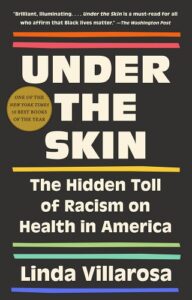 In 2018, Linda Villarosa’s New York Times Magazine article on maternal and infant mortality among black mothers and babies in America caused an awakening. Hundreds of studies had previously established a link between racial discrimination and the health of Black Americans, with little progress toward solutions. But Villarosa’s article exposing that a Black woman with a college education is as likely to die or nearly die in childbirth as a white woman with an eighth grade education made racial disparities in health care impossible to ignore.
In 2018, Linda Villarosa’s New York Times Magazine article on maternal and infant mortality among black mothers and babies in America caused an awakening. Hundreds of studies had previously established a link between racial discrimination and the health of Black Americans, with little progress toward solutions. But Villarosa’s article exposing that a Black woman with a college education is as likely to die or nearly die in childbirth as a white woman with an eighth grade education made racial disparities in health care impossible to ignore.
Now, in Under the Skin, Linda Villarosa lays bare the forces in the American health-care system and in American society that cause Black people to “live sicker and die quicker” compared to their white counterparts. Today’s medical texts and instruments still carry fallacious slavery-era assumptions that Black bodies are fundamentally different from white bodies.
Study after study of medical settings show worse treatment and outcomes for Black patients. Black people live in dirtier, more polluted communities due to environmental racism and neglect from all levels of government. And, most powerfully, Villarosa describes the new understanding that coping with the daily scourge of racism ages Black people prematurely. Anchored by unforgettable human stories and offering incontrovertible proof, Under the Skin is dramatic, tragic, and necessary reading. [Adapted from publisher’s description.]
ISBN: 9780385544887 | Doubleday Books
Excerpts
Excerpts from Under the Skin: The Hidden Toll of Racism on American Lives and on the Health of Our Nation:
In a phrase, African Americans “live sicker and die quicker,” which, if you estimate years of life lost because of deaths that could’ve been prevented, adds up to tens of thousands of lost years.
Even when income, education, and access to health care are matched, African Americans remain disadvantaged and racial disparities in health cut lives short.
By then, research had mounted — including early work by Arline Geronimus, ScD, who had coined the term “weathering” to explain the toll of racism on health — pointing to the way stress settles in the body, a bone-deep accumulation of persistent insults and traumatizing life circumstances. Today I’m chagrined to think I believed that the impact of insidious discrimination associated with the lived experience of being Black in America can be washed away in a bubble bath or calmed with journaling or meditation and me time.
I was overwhelmed by what I heard. A woman told the group that she had been rushed to the emergency room, blood gushing from her vagina, because of an IUD embedded in her tissue. When doctors refused to remove it, she yanked it out herself, causing excruciating pain and sterility. Another had a piece of her cervix removed without anesthesia. When she protested, her doctor insisted, “You have no nerve endings down there.” One woman wept as she said she had been sterilized without her consent.
I was forced to shift my own philosophy, confronted with the idea that Black people were being harmed and traumatized in health-care settings and that living in America was hurting Black women of all classes and education levels.
In the summer of 1973, Minnie Lee Relf and her baby sister, Mary Alice, just fourteen and twelve, were taken from their home in Montgomery, Alabama, cut open, and sterilized against their will and without the consent of their parents by a physician working in a federally funded clinic. The Relf family sought justice, and their case brought shocking awareness to the brutality wrought on the bodies of Black women by medical providers financed by the federal government. The pain the Relf sisters endured also changed the course of history: The lawsuit Relf v. Weinberger revealed that 100,000 to 150,000 poor, mostly Black women had been sterilized under U.S. government programs over decades. It also stopped this practice and forced doctors to obtain informed consent before performing sterilization procedures. What happened to the Relf girls is part of a through line of extreme abuse and disrespect of the Black body at the hands of medical providers in the name of science.

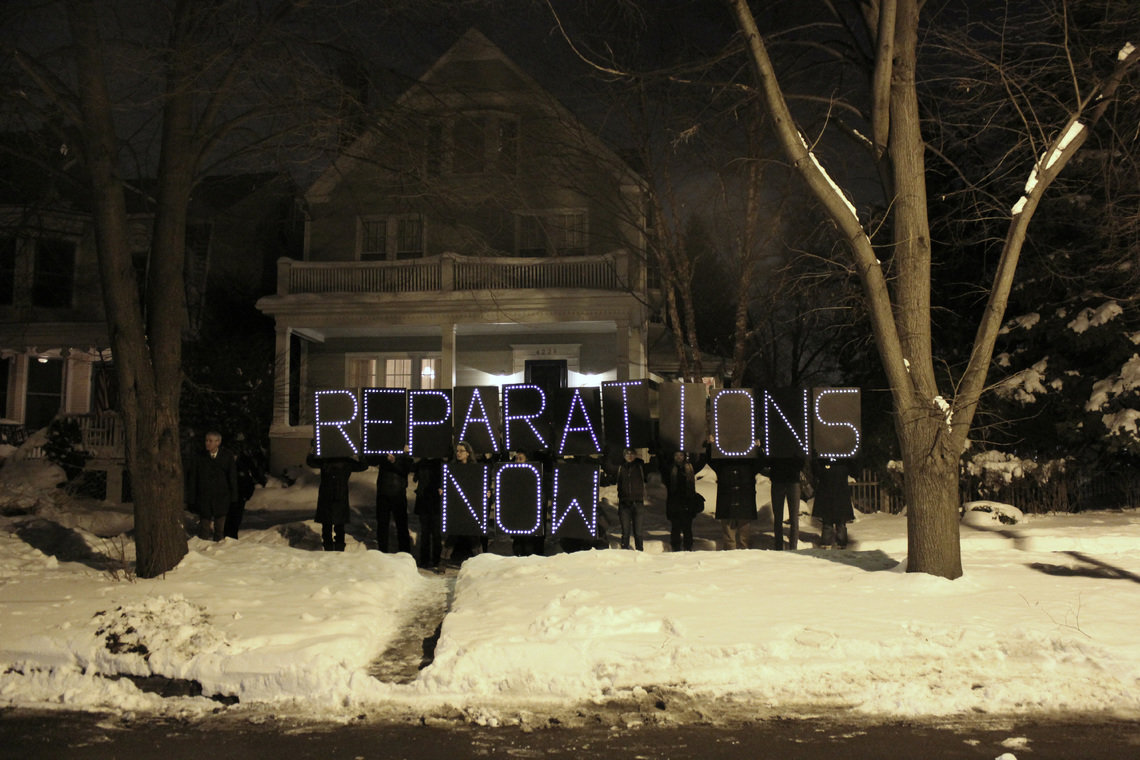
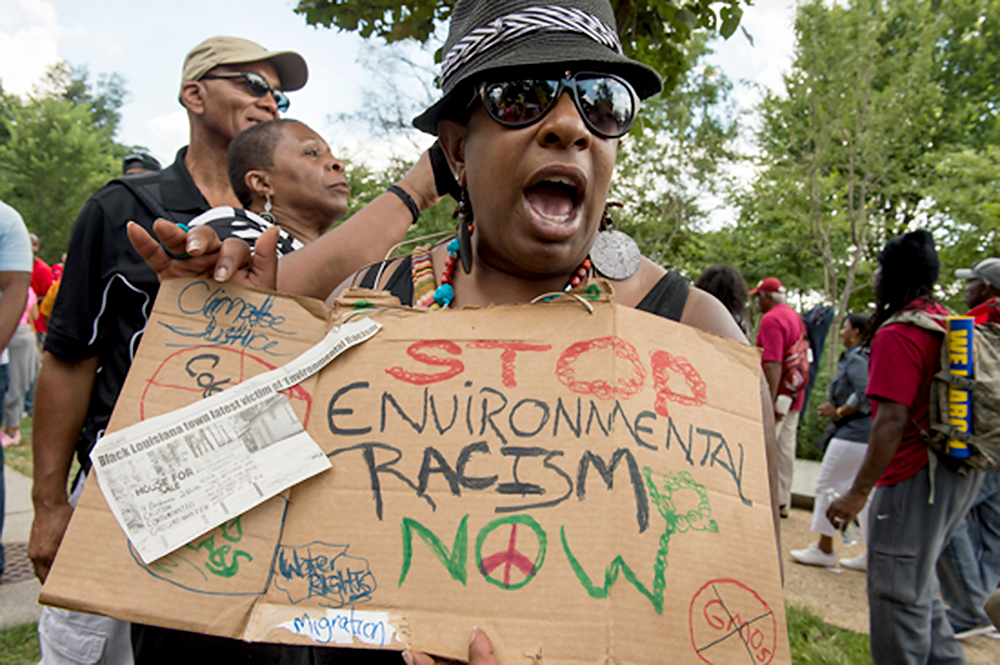
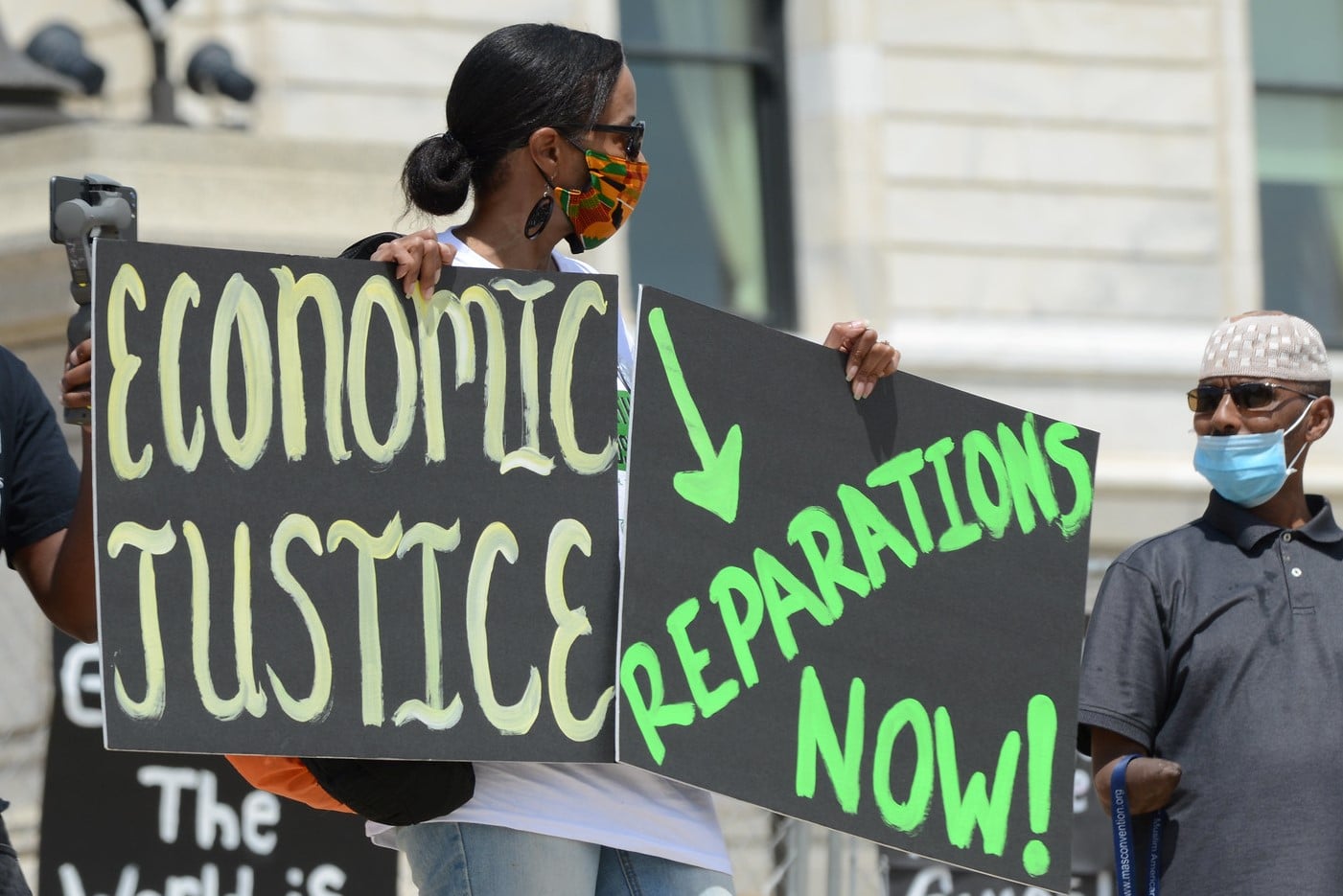
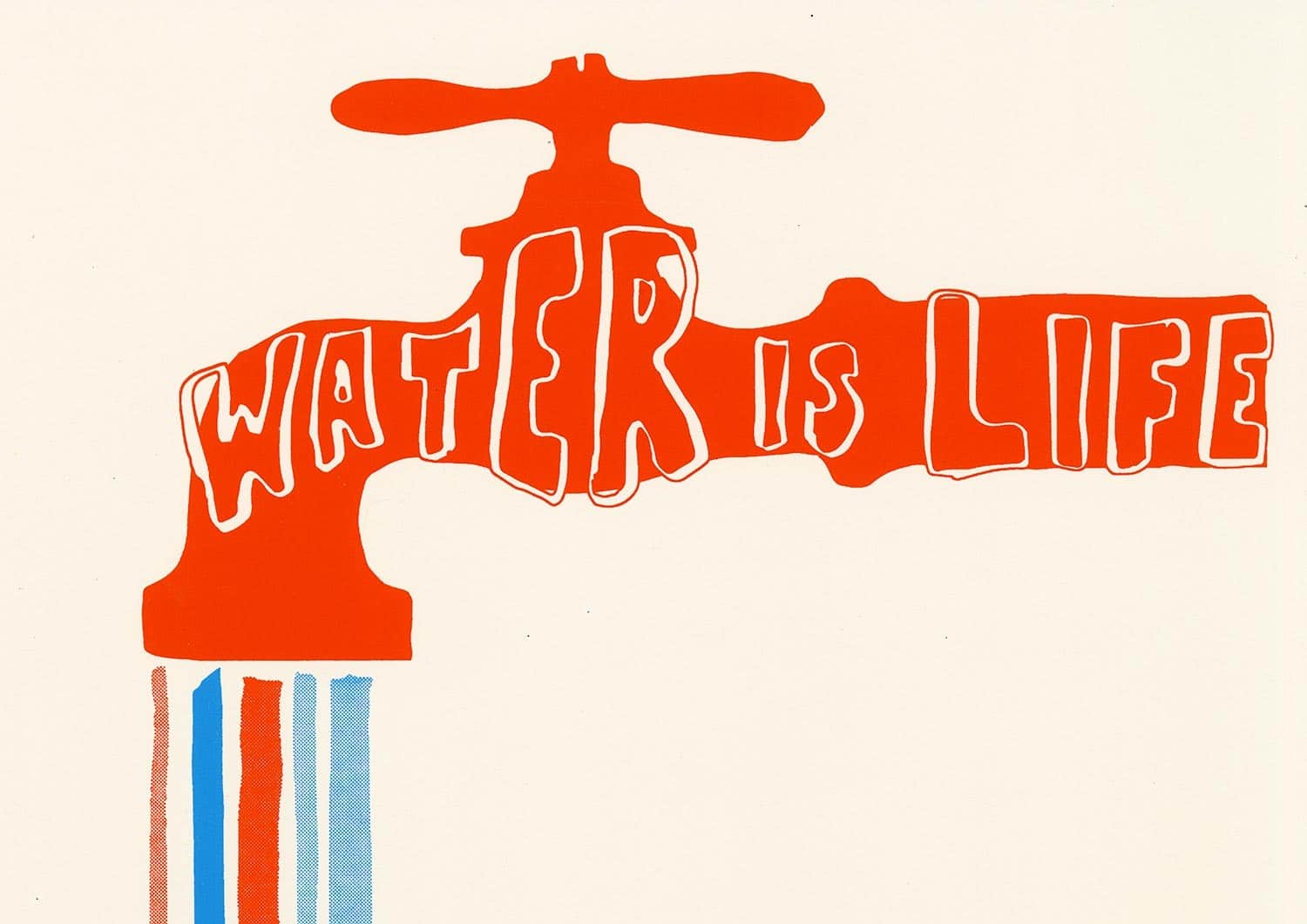
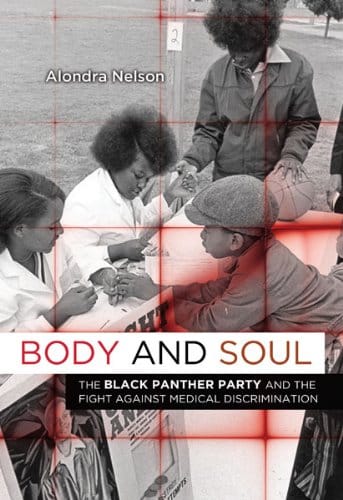
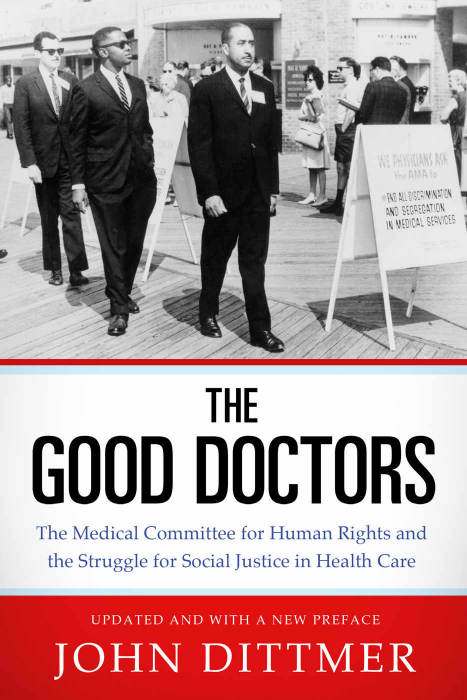
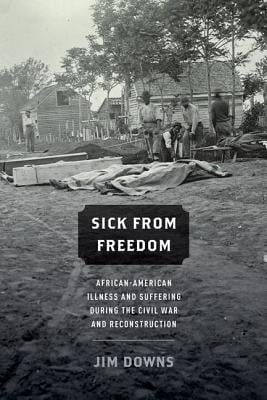
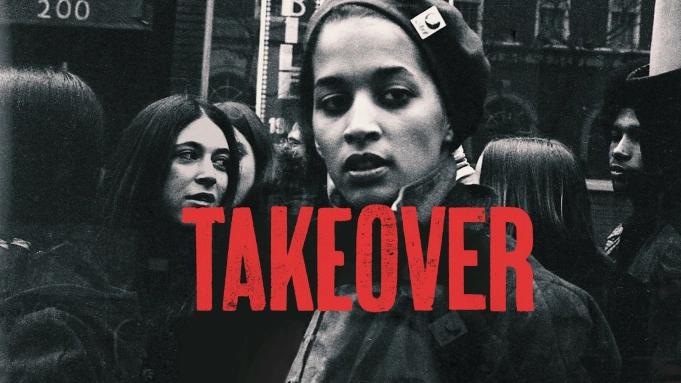
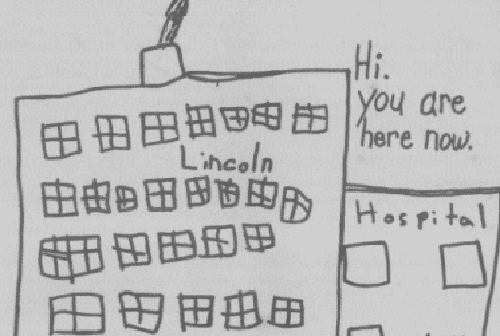
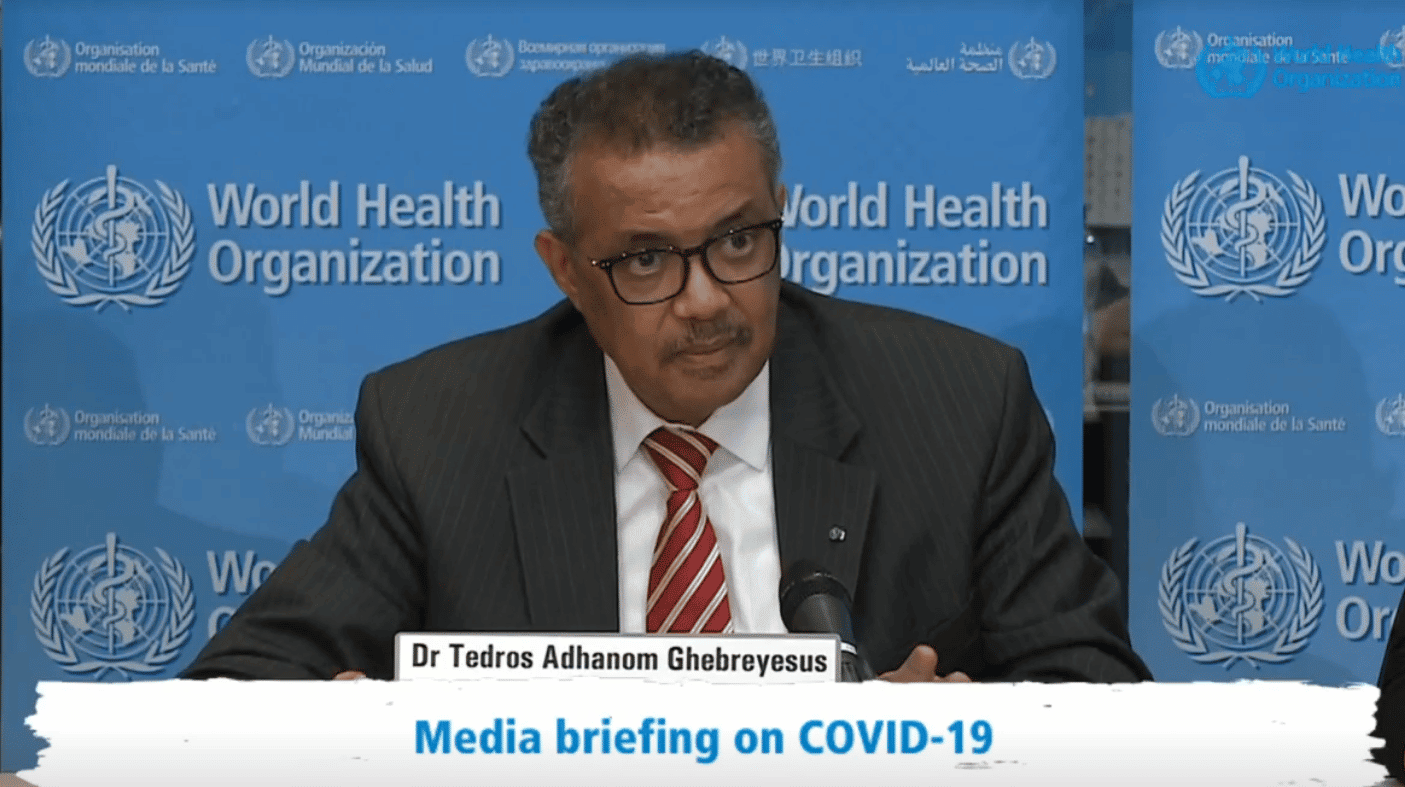






Twitter
Google plus
LinkedIn